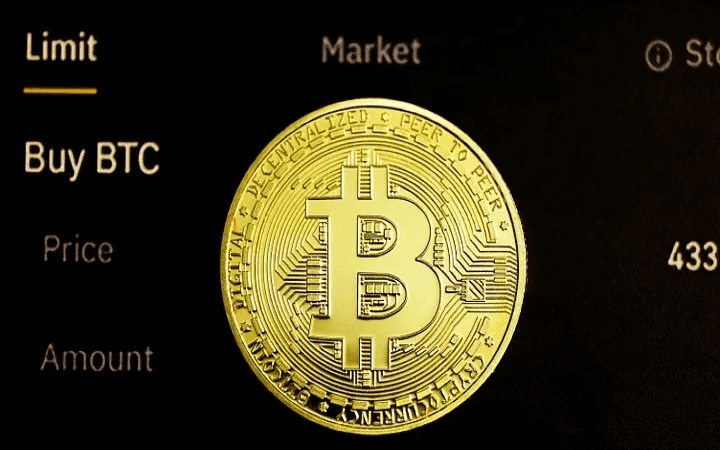BLOG


Which Government Functions Benefit from Blockchain?
Blockchain is no longer a far-off, futuristic technology. Many sectors, including the government, are beginning to adopt it. Yet blockchain’s potential for improving the efficiency, security, quickness, and trustworthiness of government entities remains hidden from view, where it works behind the scenes. Yet, blockchain-based digital governance is transparent in every aspect of the public’s experience with the distributed network. It has been estimated that by 2030, the government blockchain industry would be worth 18.15 billion dollars, up from a 2021 valuation of 153.9 million dollars. As a result, it’s evident that governments are taking an active interest in this kind of technology.
Data can be safeguarded, procedures can be streamlined, theft, inefficiency, as well as exploitation reduced, confidence as well as accountability could be boosted with a blockchain-based virtual governance. Authorities, corporations, as well as citizens all pool their resources on a distributed ledger that is encrypted for safety on a blockchain-based form of governance. Its design prevents data loss due to a single point of failure and provides automatic security for private government information.
Transformation of Blockchain to Government Industry
The increased interconnectivity of modern life has resulted in not just a flood of new data but also a fundamental shift in how businesses and consumers engage with one another and the economy as a whole. An adaptive government, one that prioritizes its constituents above its own interests, is essential in today’s dynamic and shifting financial climate. The government bureaucracy would have to be shaken to its foundations in order to accommodate these increasing demands. This transition can only occur with the widespread use of blockchain technology and its safe underlying design. There are several positive aspects of a decentralized system, but the main one is that government agencies are more effective.
Advantages of Blockchain from the Government Sector?
Governments can benefit from Blockchain in six main ways:
- Safekeeping Of Sensitive Information On Behalf Of Governments, Citizens, And Businesses.
- Automation Of Time-Consuming Tasks
- Decreased Expenditures On Accountability Administration
- Fraud And Mismanagement Are Less Likely To Occur
- There Is Now More Faith In Civic Institutions And Government Online.
Whether these three major areas are employed in conjunction with one another or separately, the influence of blockchain on government services is far-reaching.
1. Building Trust with Citizens
Once individuals have lost faith in their government, it is imperative that this trend be broken. Blockchain, with its many applications, is the answer to this issue. By enabling individuals to examine and verify data, transparency is the fundamental characteristic of blockchain applications that transforms half of the emotions. A key benefit of blockchain platforms is that they let individuals independently verify the validity of government statements, which speeds up the whole procedure of addressing difficulties.
2. Sensitivity Data Protection
Unfortunately, identity theft and data breaches are becoming everyday occurrences. Because of their role as the fact-keeper of society’s historical documents, governments throughout the world are becoming a primary target for cybercriminals. Problems like the Equifax breach in 2017, in which the collective protection numbers and other personal information of millions of Americans were exposed and the data loss incident in 2015 in which the personal information of millions of government employees was compromised right under the nose of the Office of Personnel Management, keep getting the blame for eroding public trust.
3. Improvement in Cost Reduction
As we go through the listing of the top advantages of blockchain for government services, we reach the third and last benefit: decreased expenditures. Blockchain technology may be a lifeline for national leaders whose countries function with a budget of X dollars to address a requirement that amounts to X+1 expenditure. When used properly, blockchain technology has the potential not only to save expenses but additionally prevent duplication, improve operations, boost security, lessen the audit load, and guarantee data integrity. Let us just examine the fact that the federal budget has almost a trillion dollars in unaccounted-for cash to help clarify the situation.
How will Blockchain Impact Smart Cities and Central Banking?
To better serve its citizens and make the most of its limited resources, a “smart city” makes use of data and information technology to coordinate the city’s many technical systems and networks. Governments, with the use of technologies like the Internet of Things (IoT), cloud computing, and blockchain technology, may provide novel services and solutions to individuals and local communities. If you’re used to daily settlement of your interbank transactions, you may be surprised to learn that there is another option: real-time gross settlement, which involves settling your transactions in the records of your central bank in real time. Due to the exponential growth in transaction volume and network resilience made possible by blockchain technology, central banks may now execute RTGS at lightning speed while maintaining a higher level of security.
